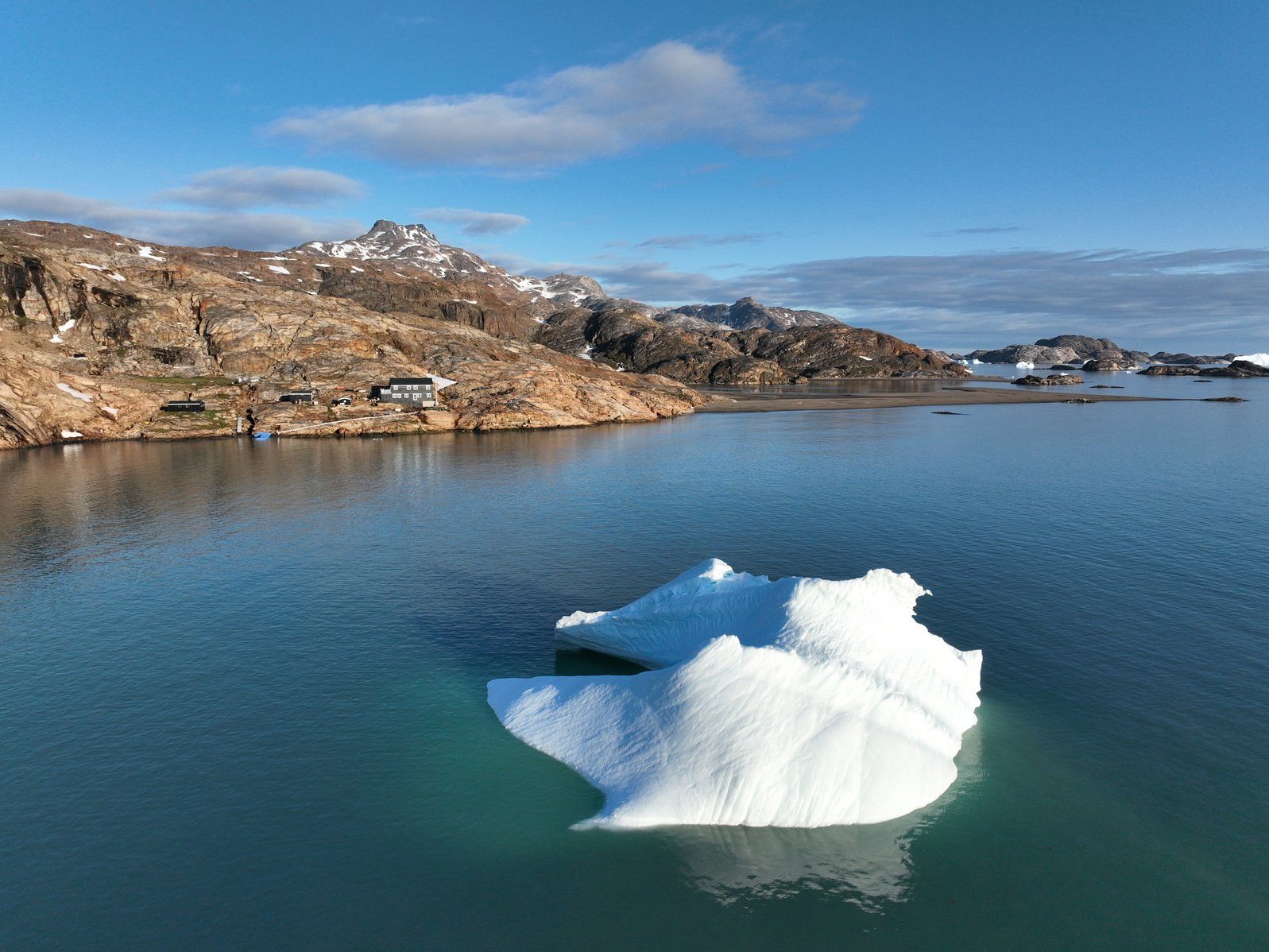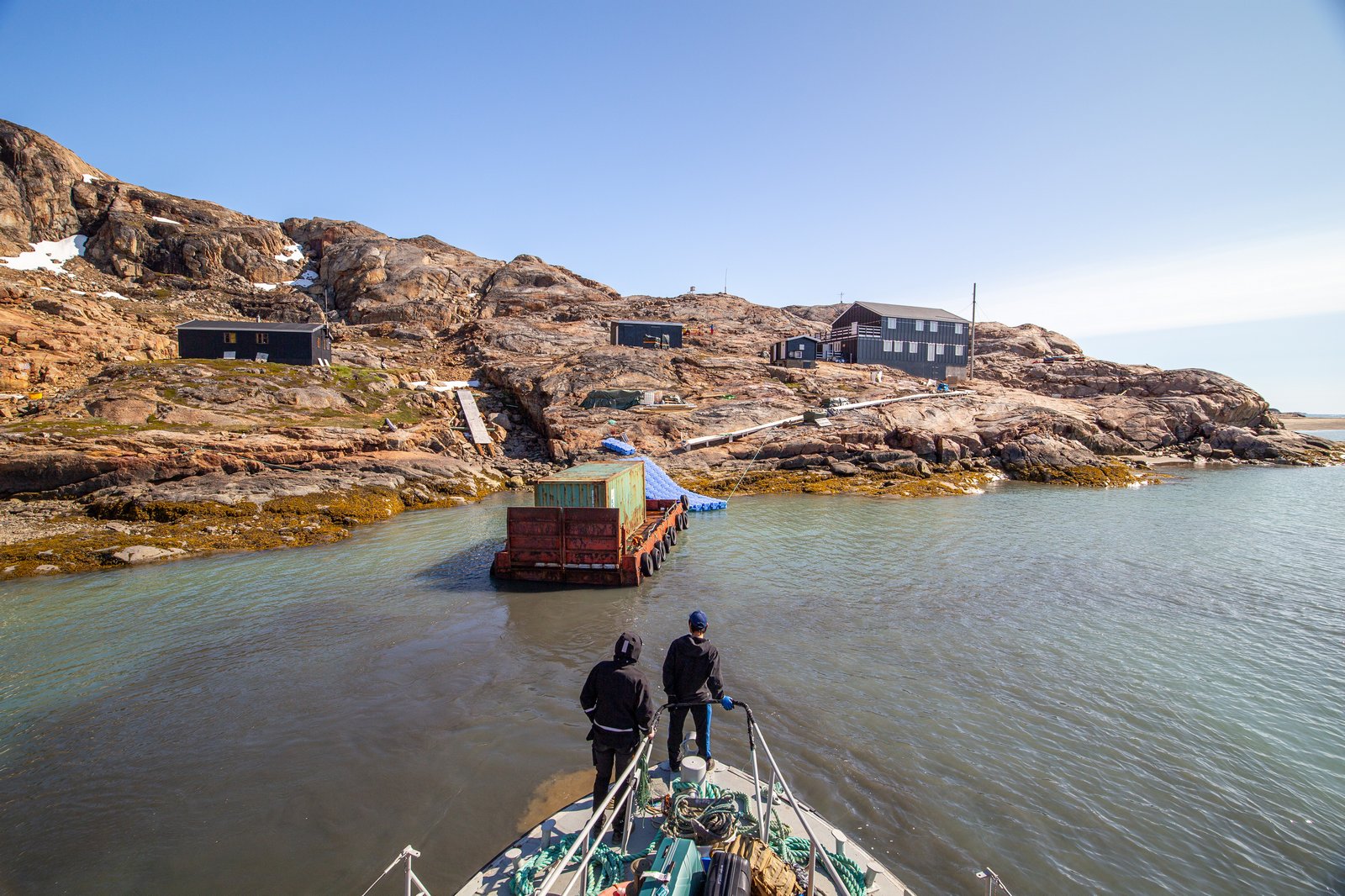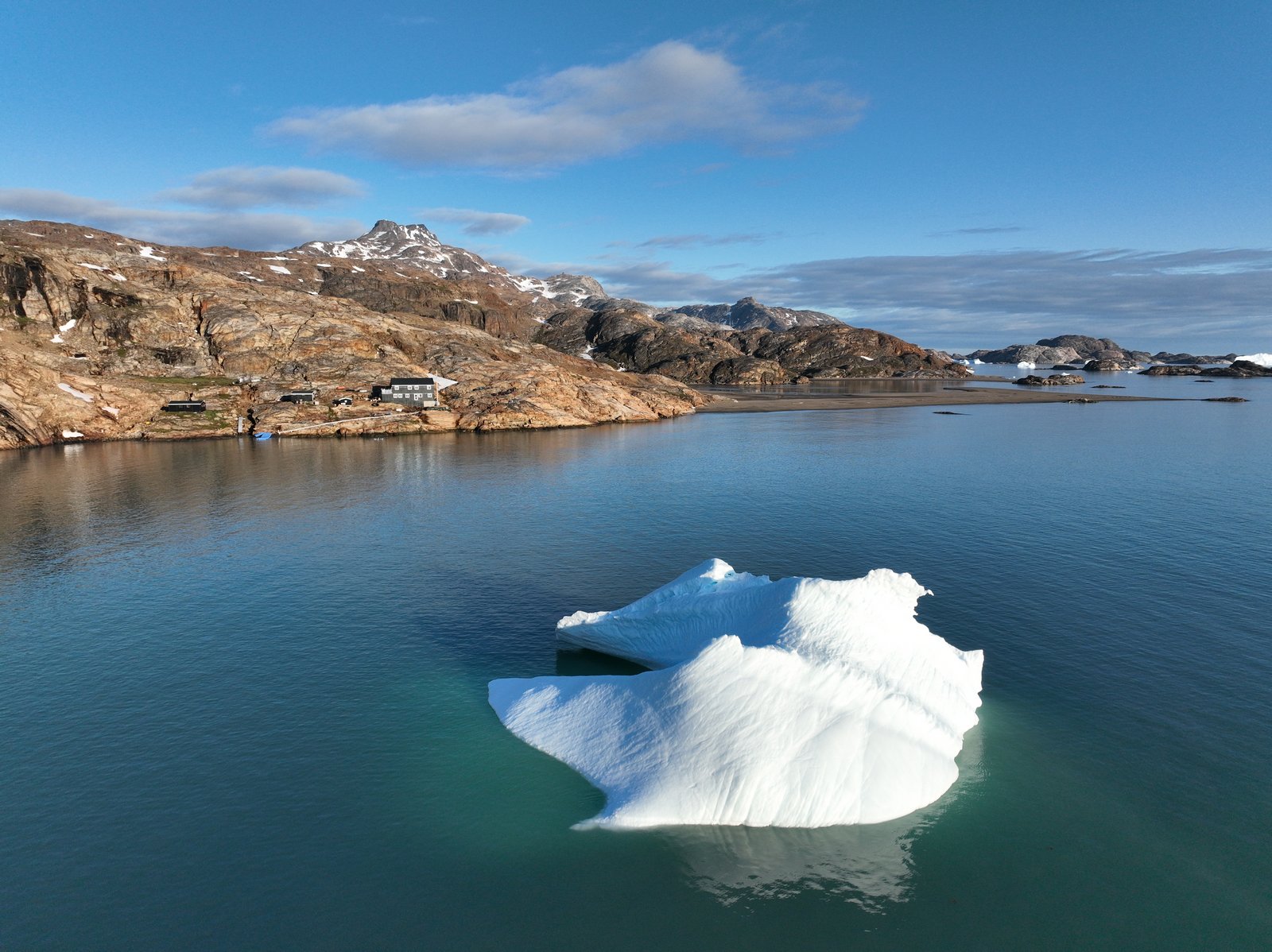Curtain Up for Red-White-Red Polar Research Station

In East Greenland, the University of Graz has been operating a polar research station since 2024 - so far in trial operation. In recent weeks, it has been fully set up and equipped and now offers space for up to 26 researchers and students from various disciplines. In August, the first guests will arrive - researchers from Vienna, Denmark, and Norway, as well as students from FH Joanneum in Graz, explained the head, Graz physicist and polar researcher Andreas Trügler in an APA interview.
A Day's March from Tasiilaq
The final work on the University of Graz's research station on the East Greenlandic island of Ammassalik is currently being completed. At temperatures around ten degrees, craftsmen are making the final touches just south of the Arctic Circle. "They will return in mid-August," reported Trügler. Approximately two days of travel or 3,700 kilometers separate the Sermilik research station from Graz.
45 tons of material in nine shipping containers have been brought to Tasiilaq in recent weeks. However, the largest town in East Greenland is still a day's march from the Sermilik station, as there are no roads leading there. Delivery by ship is possible in the summer months but remains risky due to the many icebergs; in good weather, transport flights by helicopter are also feasible.
There was still much to do for the final commissioning of the station this summer: from completing the interior to the technical installation of photovoltaic panels and storage batteries. Except for a few days in January, the energy is to come directly from the Arctic sun; only for the days in January and as an emergency power supply will diesel generators be used.
No Mobile Network, But Harsh Climate
The climate in the far north is harsh for most of the year - in summer, it's a few degrees above zero, minus 25 degrees in winter. There are very strong katabatic winds, no mobile network, only satellite phone. But on a rocky outcrop in the Sermilik Fjord, everything is available for research on Arctic climate change and its consequences: "Glaciers in the forefield of the inland ice, various glacial lakes and mountains with vegetation adapted to the environmental conditions, rivers mostly fed by snow and glaciers, polar bears and whales, and the large fjord with access to the open Atlantic," described Trügler.
The site at the fjord, previously operated by the University of Copenhagen, has been supplemented by a new building by the University of Graz with the support of Austrian entrepreneur Christian Palmers since 2022, which is now operated by the University of Graz. Right next door, the University of Copenhagen still has its old research station. The university, which has made climate change, its consequences, and the necessary changes and adaptations one of its research focuses, thus operates the only Austrian university research station in the Arctic to date.
The station is open to researchers from all disciplines who are interested in the context of the cryosphere - that is, the frozen parts of our planet and the associated diverse challenges and questions. Trügler wants to further develop the Sermilik Station into a place of interdisciplinary and international collaboration: "The basic idea is to consider the individual components of the Arctic ecosystem in an interdisciplinary manner." For example, the melting of glaciers makes climate change particularly visible, but it also has impacts on other areas.
"Partnership on Equal Terms"
The University of Graz places great emphasis on ensuring that research activities also provide added value for the local population in East Greenland. "Our research should also benefit the region," stated Trügler. Thus, humanities and social projects in the settlement area are also supported. "At the University of Graz, we understand science as a partnership on equal terms," noted Rector Peter Riedler.
In cooperation with a local company, a workplace has already been created on site. "Our 'man for all seasons' is an electrician and local guide, responsible for safety and technology at the station. He was born in Tasiilaq, knows the region inside and out, and is also our bridge to the wider local population," explained Trügler.
FH Group Kicks Off
The first guests after the technical completion are a group of students from FH Joanneum, who are arriving over the weekend. The Institute of Industrial Management organized the expedition as part of the new interdisciplinary course "Arctic Technology" and founded the Joanneum Arctic Expedition Team for this purpose. The six students and four lecturers from different fields of study were selected from around 100 applications. They aim to develop technical prototypes for use cases in Arctic regions, to facilitate, for example, year-round field measurements in the Arctic. They now want to test their use cases on the upcoming expedition.
"A little later in August, we expect a research group from the University of Vienna as well as a group of master's students from Denmark and one from Norway. And for the coming year, interested researchers have already expressed interest," Trügler was pleased about the well-started demand. The University of Graz also wants to establish a PhD program for polar research, intended for ten to twelve scholarship holders. One place is to be specifically dedicated to Greenlandic students, according to Trügler.
(APA/Red)
This article has been automatically translated, read the original article here.







